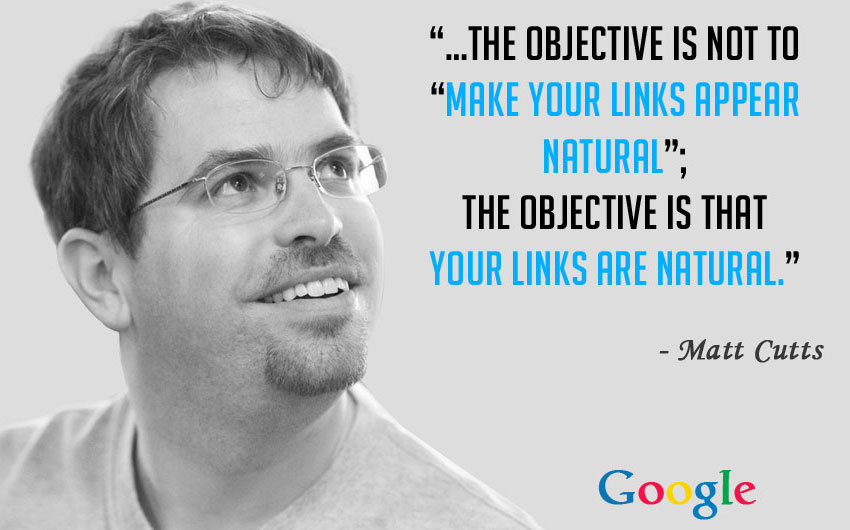Back in the late 90’s the idea of mywebmarket.com was beginning to take shape. We started using the term “Search Engine Optimization” (SEO) back then, before it really caught on – even before Google went public.
In those days it was all about studying the search ENGINE (its algorithms) and how it indexed and ranked pages. Eventually, the terms Search ENGINE Optimization, and then Search ENGINE Marketing, came into widespread use.
Today, things have changed. We pretty much know, almost intuitively, how the engines operate. Though we hear a lot about the horrors of pirates, pandas pigeons and penguins, we haven’t seen anything unpredictable from these algo changes at all.
Search engine algorithms are a basic form of artificial intelligence, and like all A.I., the objective is to gradually become more organic. It was only a matter of time, for example, before social signals informed Google search of human preferences on the web. With popularity and link authority so well established already, this was no surprise.
Algo changes will come and go, but the trend is clear. Search engines are becoming increasingly humanized. We even personify them in voice generated mobile search (Help me to … Show me where … How can I …)
Clearly, it’s not the engine we need to “figure out”, it’s the searcher. Algos are becoming more natural, but human motivation remains complex. This realization has been a recurring theme in my posts about SEO and SEM. Both are terms that I am gradually changing in my own personal lexicon, and in my discussions with clients.
In our upcoming rebranding, I will be referring to OSO (organic search optimization) and PSM (paid search marketing). I feel these terms reflect the current state of search engine intelligence more accurately, as it becomes “more natural” in its evolution.

And with this new focus on the SEARCHER, instead of the ALGORITHM, we can see that the engine is secondary and the searcher is prime.
Search engines are a means to an end, and they will always become more organic, more social, more natural if you will, and more “human-like”. With that in mind, everything we need to know about the engines just naturally falls into place. Our social instincts will do the rest.
What we need to know about searchers is more complex, and more significant. Analyzing actual search queries (made by humans of course) and fully understanding what motivates those searches is challenging. But it’s worth doing, since that is in essence what the algo’s are beginning to do, and to improve upon over time.
Certain situations arise which compel us to perform a search. They aren’t always the situations we predict, but as we follow the journey of a searcher, who becomes a prospect, and then a customer, we tend to learn more about those situations and apply them to our search marketing strategy.
We humans are still vastly superior than any form of A.I., in the intricacies of understanding one another – our behaviors, our motivations and our impulses. But over the past 15 years, the algos have gotten exponentially better at it. They still have a long way to go, but time marches on. If you write content as though a human being was your audience, not a machine – you’ll do just fine.
This is NOT to say that certain technical problems resulting from bad practices don’t hurt organic rankings. They do. But from a standpoint of content alone, “natural” trumps “artificial” and that trend will continue.
As marketers, we’d all love for prospects to seek us out directly, and to have us solve their problems … but they don’t. They ask the search engine instead. And if we’ve done our job right, the search engine leads them to us. In that way, the engine serves as a “bridge” between us.
Search engines are indeed acting more like information advocates than robots. And I expect this trend will only increase in the future.
It’s time to change the way we think about “SEO”.
We’re not optimizing for the engine. We’re optimizing for each other.